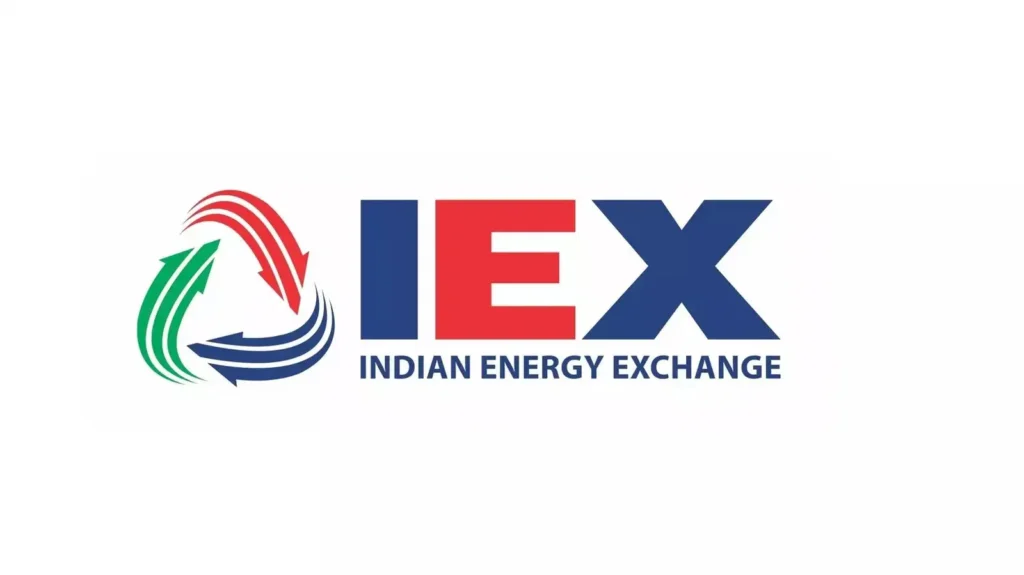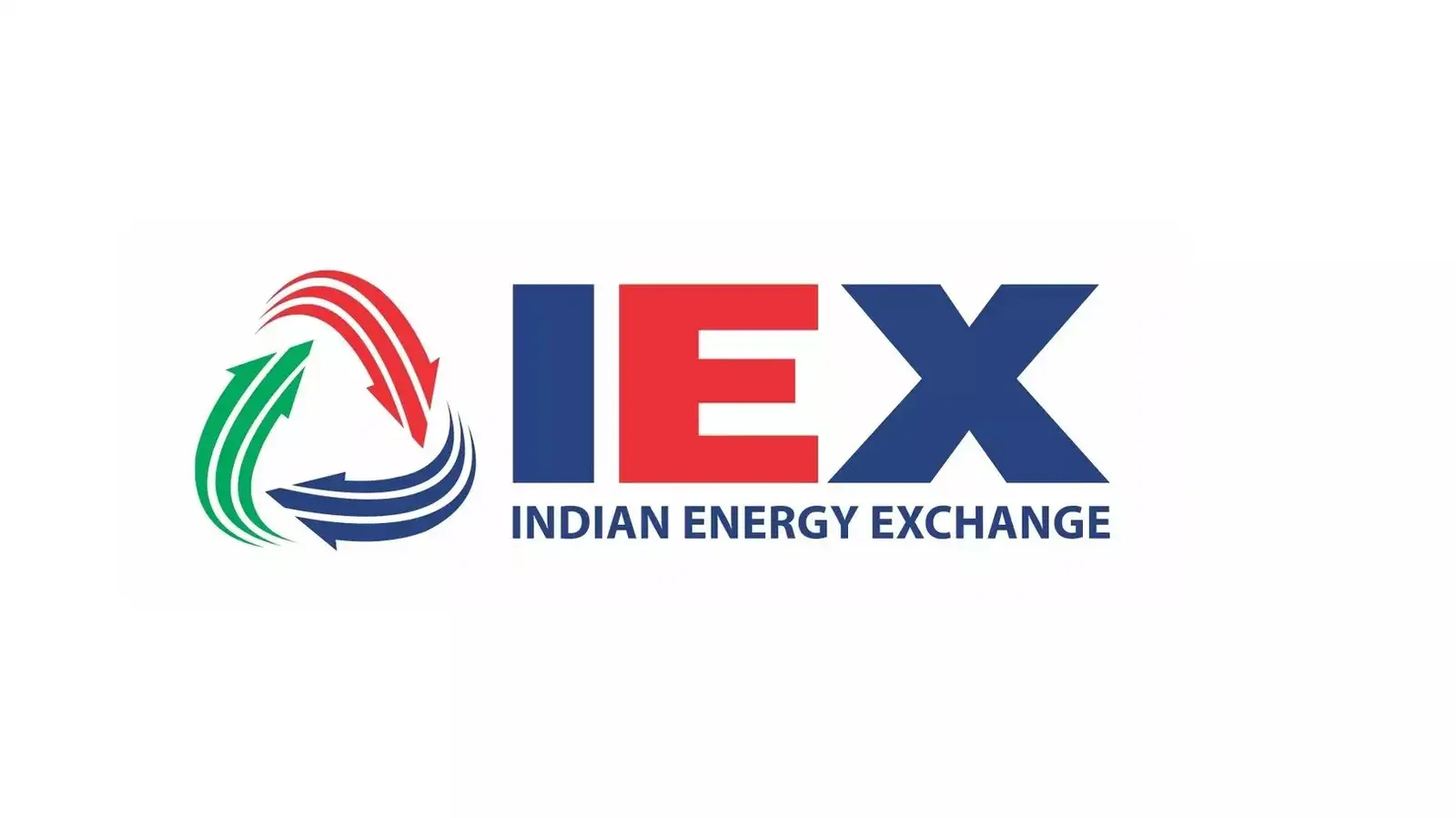IEX Share Price Crash Explained: Why Retail Investors Are Selling and What It Means for the Market
Indian Energy Exchange (IEX), once seen as a stable pick in the power trading sector, has seen its share price tumble recently. Retail investors are leaving, mutual funds are holding tight, and experts are closely watching how market coupling might change the game for IEX.
So, what’s really going on? Why is the IEX share price crashing and what does it mean for investors?
Let’s break it down in simple terms.
What Is IEX and Why It Matters
The Indian Energy Exchange (IEX) is India’s top electricity trading platform. It connects buyers and sellers of electricity in a transparent, digital environment. Over the years, it became a favorite among retail investors for its steady performance and strong monopoly in the segment.
However, that comfort is now under threat.

IEX Share Price Crash: What’s Behind the Fall
The stock has taken a hit in recent months. From strong highs, it has dropped significantly, worrying small investors who once saw it as a low-risk, high-trust option.
The major reason behind this fall is the introduction of Market Coupling.
Understanding Market Coupling and Its Impact
Market coupling is a process where electricity trading across different power exchanges will be combined. Right now, IEX has a near-monopoly, but under market coupling, Power Exchange India Limited (PXIL) and Hindustan Power Exchange (HPX) will share the stage.
This change could lower IEX’s trading volume, reduce its market power, and impact its revenue – and that’s why investors are worried.
You can get more details and expert insights from this article on CNBC-TV18, which explains how mutual funds are buying while retail investors are exiting.
Who Is Selling and Who Is Buying
Interestingly, while retail investors are pulling out, mutual funds have increased their holding in IEX.
This shows that long-term institutional investors still have faith in the company. They might be betting that IEX will adapt and grow, even with tougher competition.
What Should Investors Do?
If you hold IEX stocks or are planning to invest, here’s what you need to consider:
- Understand market coupling and its long-term impact
- Watch trading volumes on all power exchanges
- Follow institutional moves like those by mutual funds
- Don’t panic-sell — assess your investment horizon
This could be a phase of correction before a rebound, or the start of a new competitive era for IEX.
Conclusion
The IEX share price crash is a result of upcoming structural changes in the power trading sector, especially the market coupling policy. While retail investors are reacting sharply, mutual funds seem to be in it for the long haul.
If you are invested or planning to invest, now is the time to stay informed and act strategically. This change could open new opportunities in the energy market — not just risks.
For more updates like this in plain and simple words, stay tuned to The TechQuilt.













